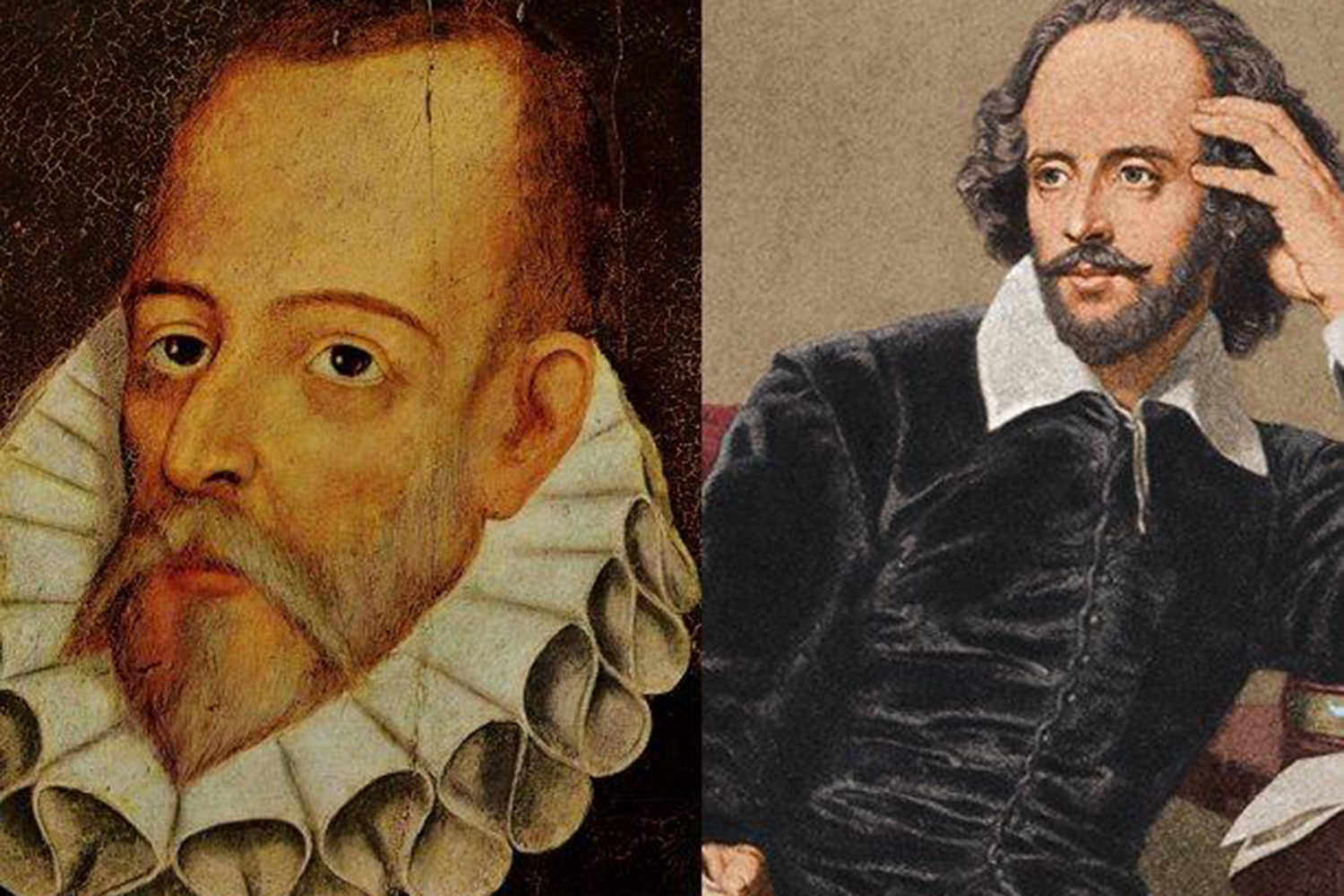The Marketing of a Genius
Four centuries ago this very month of April, the Western world lost two outstanding literary geniuses: Cervantes and Shakespeare. Since the year 2016 began to tick away, their almost simultaneous deaths are being honored with articles, festivities and public readings. But one can’t help wondering about the chain of events that turned them into geniuses 400 years ago. It’s not farfetched to consider that a fluke or mishap might have deprived us of their literary masterpieces. After all, in the making of a genius there are countless elements which must be taken into account. Is literary quality something that can be measured objectively or is it a subjective perception? Was competition as fierce in the 16th and 17th centuries as it is today? Were Shakespeare and Cervantes simply lucky to have obtained their literary status while still alive? Or did they have to “sell” their literature much like contemporary authors promote their wares on Twitter today?

Four centuries ago this very month of April, the Western world lost two outstanding literary geniuses: Cervantes and Shakespeare. Since the year 2016 began to tick away, their almost simultaneous deaths are being honored with articles, festivities and public readings. But one can’t help wondering about the chain of events that turned them into geniuses 400 years ago. It’s not farfetched to consider that a fluke or mishap might have deprived us of their literary masterpieces. After all, in the making of a genius there are countless elements which must be taken into account. Is literary quality something that can be measured objectively or is it a subjective perception? Was competition as fierce in the 16th and 17th centuries as it is today? Were Shakespeare and Cervantes simply lucky to have obtained their literary status while still alive? Or did they have to “sell” their literature much like contemporary authors promote their wares on Twitter today?
According to professor and author José Manuel Lucía, when “Don Quixote” was published in 1605, in Spain it was considered a minor work of the chivalric romance genre. The book would have to travel to Great Britain, where once translated it was praised as a self-deprecating reflection on the journey of life. Had it not been for this British discovery, argues Mr. Lucía, Cervantes would never have attained the “genius category”. Considering the way Great Britain is celebrating the 400th Anniversary of Shakespeare’s death, it seems fair to say that Brits are brilliant publicists. Miguel de Cervantes created the Novel as a literary genre, an astounding fact that seems practically forgotten in Spain and the rest of the world. The episode of the windmills seems to be the only part of the book that people seem to remember.





